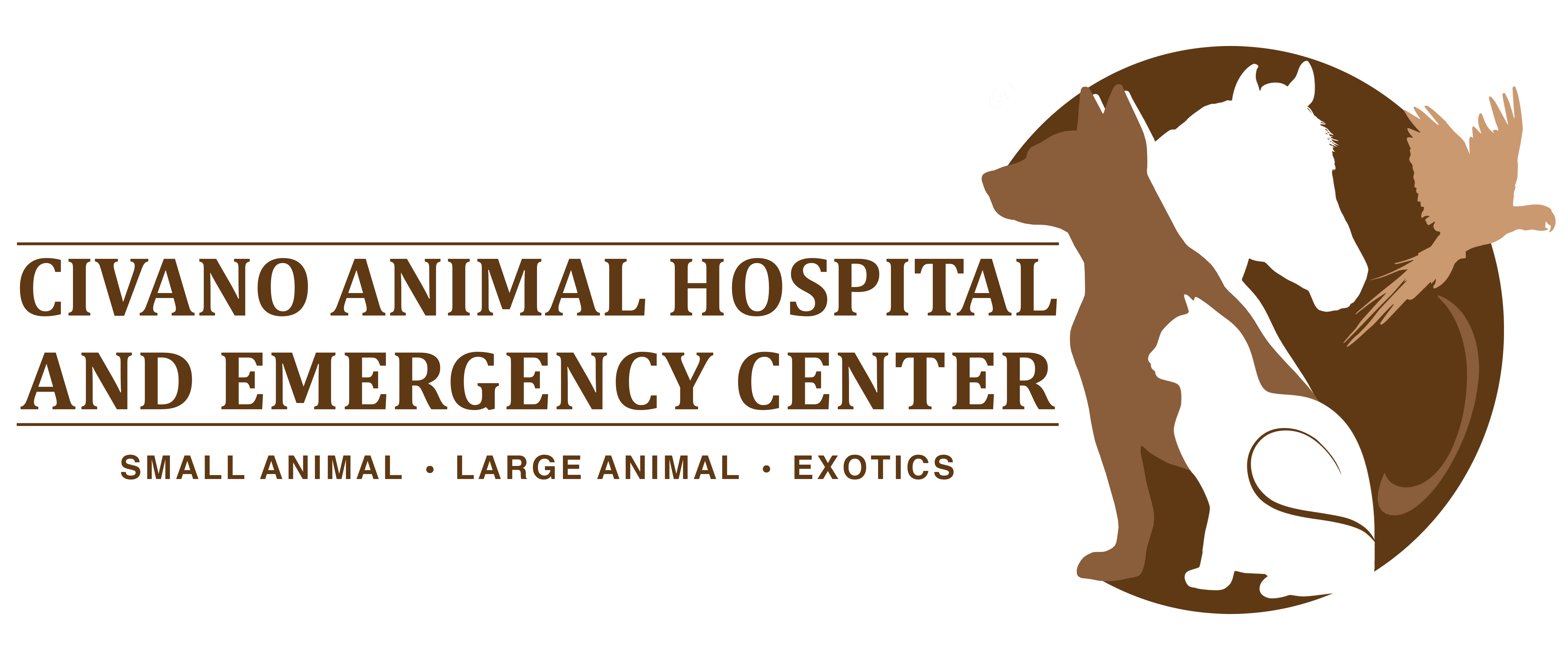As the coronavirus continues to evolve, the scientific and public health focus has been on new variants in which a few mutations make the virus more infectious, or even, it may be, more deadly.
These changes in the virus are all what scientists call point mutations, the substitution of one tiny bit of genetic code for another. Coronaviruses, as a group, are not known to mutate rapidly, but the pandemic caused by the virus SARS-CoV-2 means that millions and millions of people are infected by billions and billions of viral particles, offering countless chances for change.
There is, however, another more significant way that coronaviruses change. Individual viral particles exchange larger sections of genetic material, with another virus. If two different kinds of coronavirus inhabit the same cell, the result could be not a new variant, but a new species. Read more…
Leave a reply







Most Commented